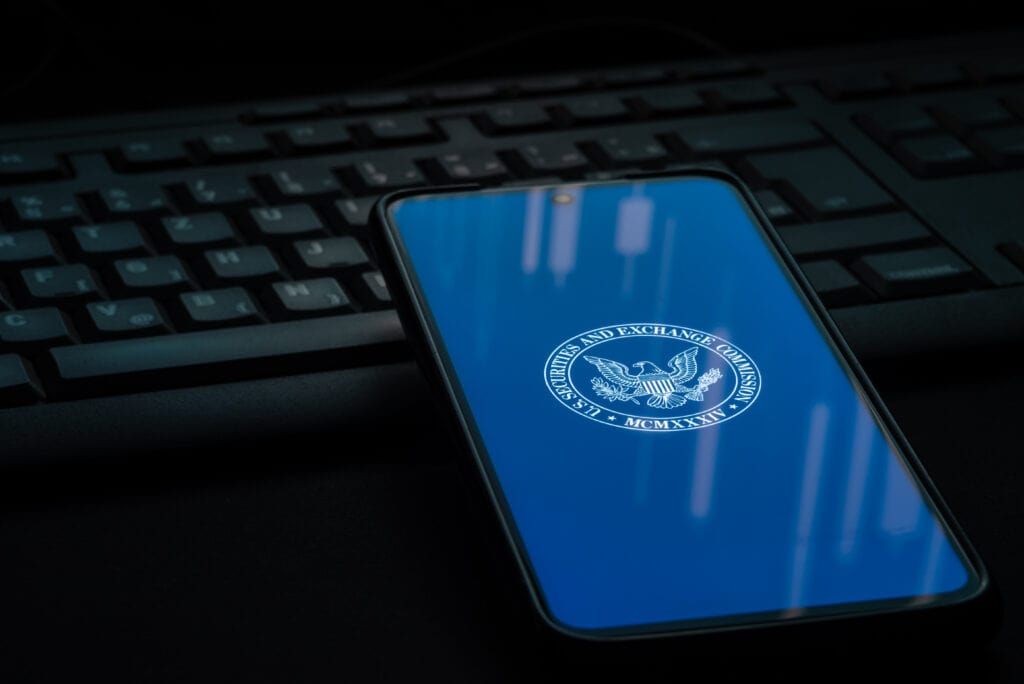
Key Takeaways:
- Beba and the DeFi Education Fund are suing the SEC to clarify if BEBA tokens from their airdrop are considered securities needing SEC registration, challenging the SEC’s interpretation under the 1933 Securities Act.
- The lawsuit argues that BEBA tokens, given without requiring meaningful consideration from recipients and promising no value increase, do not meet the Howey test criteria for being classified as investment contracts.
- It accuses the SEC under Chair Gary Gensler of violating the Administrative Procedures Act (APA) by regulating digital assets without clear rules or public participation, seeking an injunction against this practice and a declaration that it breaches APA standards.
Beba, a fashion company based in Texas and operated by African immigrants, along with the DeFi Education Fund, have united to safeguard the recent BEBA token airdrop from potential regulatory actions by the U.S. Securities and Exchange Commission (SEC).
They are seeking a judgment from the U.S. District Court in Western Texas to clarify the SEC’s regulatory boundaries in accordance with the Administrative Procedures Act (APA).
🚨Today, DEF and @BebaCollection sued the SEC🚨https://t.co/qt6xeidHLo
— DeFi Education Fund (@fund_defi) March 25, 2024
The crypto industry is facing an existential threat from an overzealous regulator who is abusing its power by targeting our industry through unending aggressive enforcement actions.
It’s time for the…
The legal action, initiated on March 25, seeks to clarify whether the SEC’s assertion—that BEBA tokens are investment contracts and thus the airdrop constitutes a securities transaction needing registration under the 1933 Securities Act—holds merit.
Beba has produced 100,000 BEBA tokens, with 60,880 already distributed through the airdrop.

These tokens, designed for open trading and potential value appreciation, form the core of the dispute.
The plaintiffs contend that the airdrop doesn’t fit the traditional securities framework since recipients of the tokens are not required to offer “meaningful consideration,” such as social media engagements, to receive them.
This absence of a common enterprise, alongside Beba’s lack of promises to boost token value, suggests the airdrop doesn’t meet the criteria of an investment contract under the Howey test.
Moreover, BEBA token holders are entitled to discounts on Beba’s products, likening this to a customer loyalty scheme rather than a conventional investment.

The lawsuit also challenges the SEC’s current policies under Chair Gary Gensler, accusing them of violating the APA.
The APA mandates transparency, clarity, and public involvement in new rulemaking, which the plaintiffs argue the SEC has disregarded by implicitly treating most digital assets and their transactions as securities without formal rulemaking.
DeFi Education Fund and Texas apparel company Beba take SEC to court over 'regulating by enforcement' stance https://t.co/c8fyvPSM5C
— The Block (@TheBlock__) March 25, 2024
The demands from this legal action include a declaration that the SEC’s approach violates both procedural and substantive aspects of the APA and an injunction against enforcing this undeclared policy.
This legal stance echoes Coinbase’s arguments in its lawsuit against the SEC, further highlighting the ongoing debate over digital asset regulation and the SEC’s adherence to the APA.

